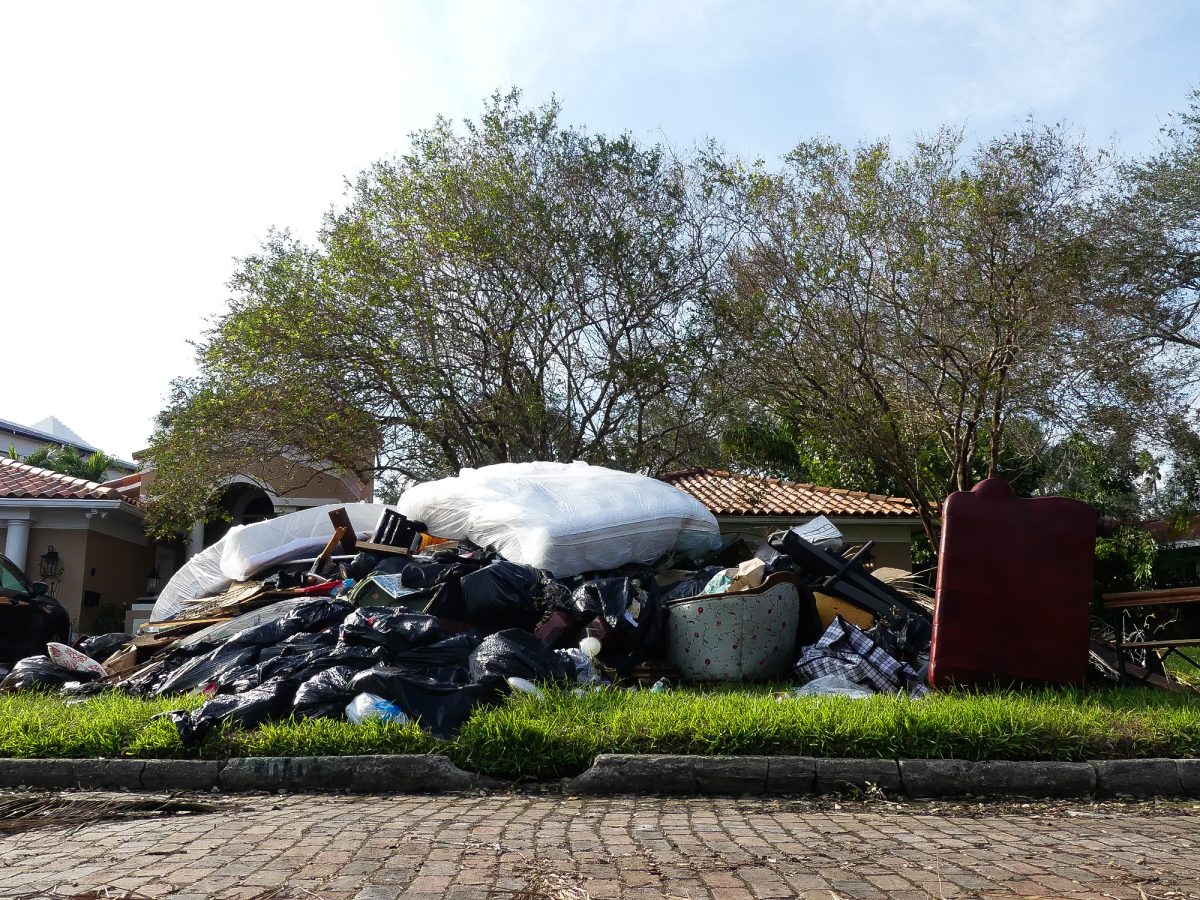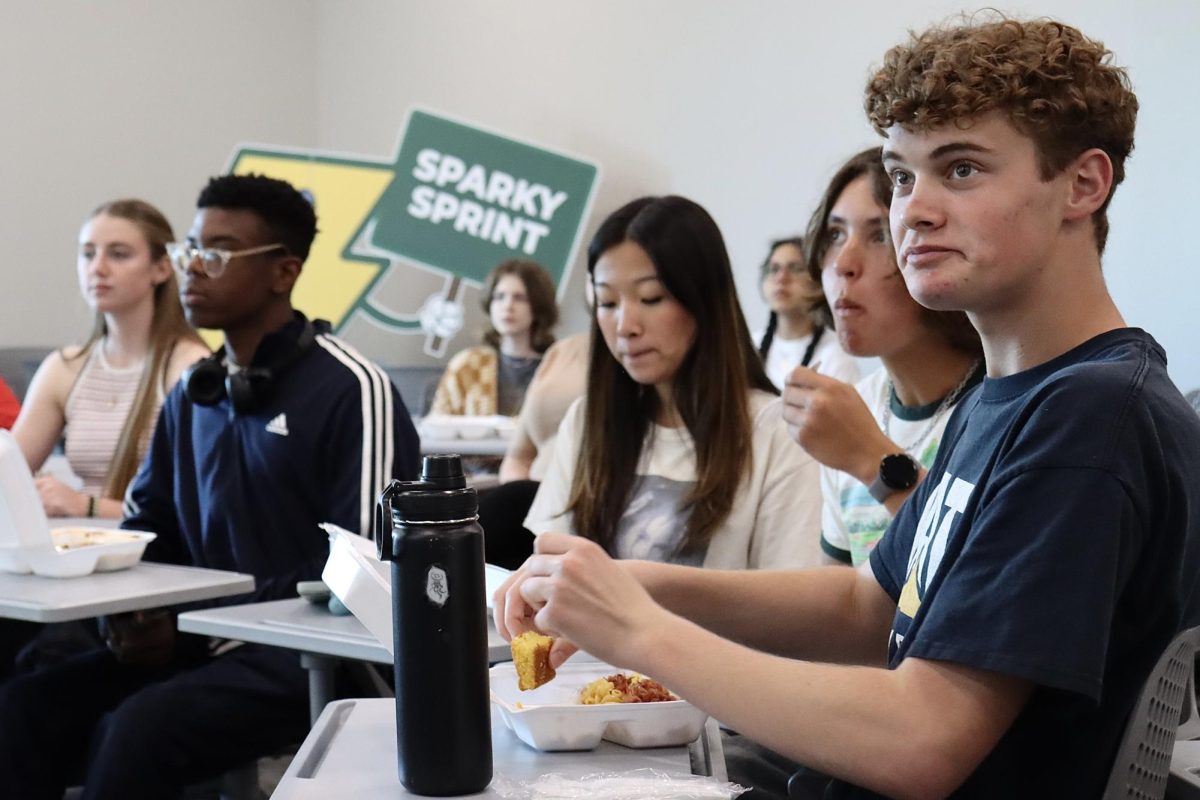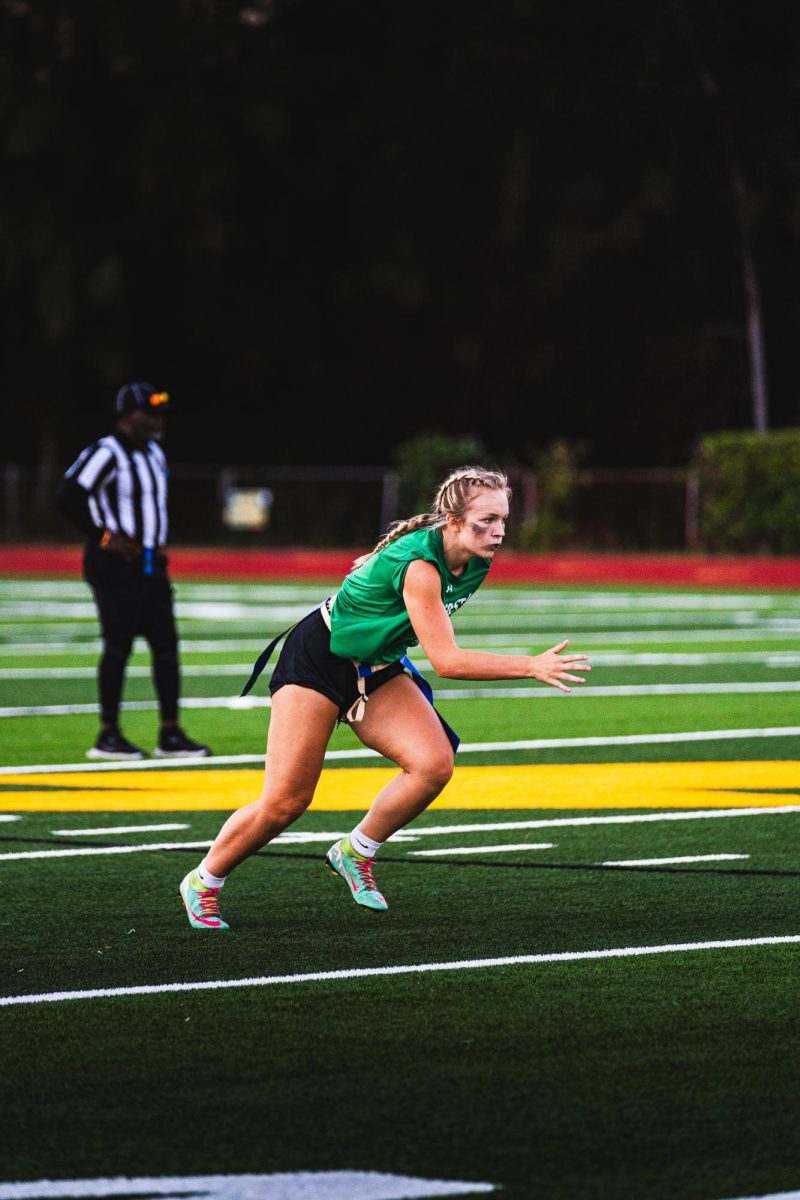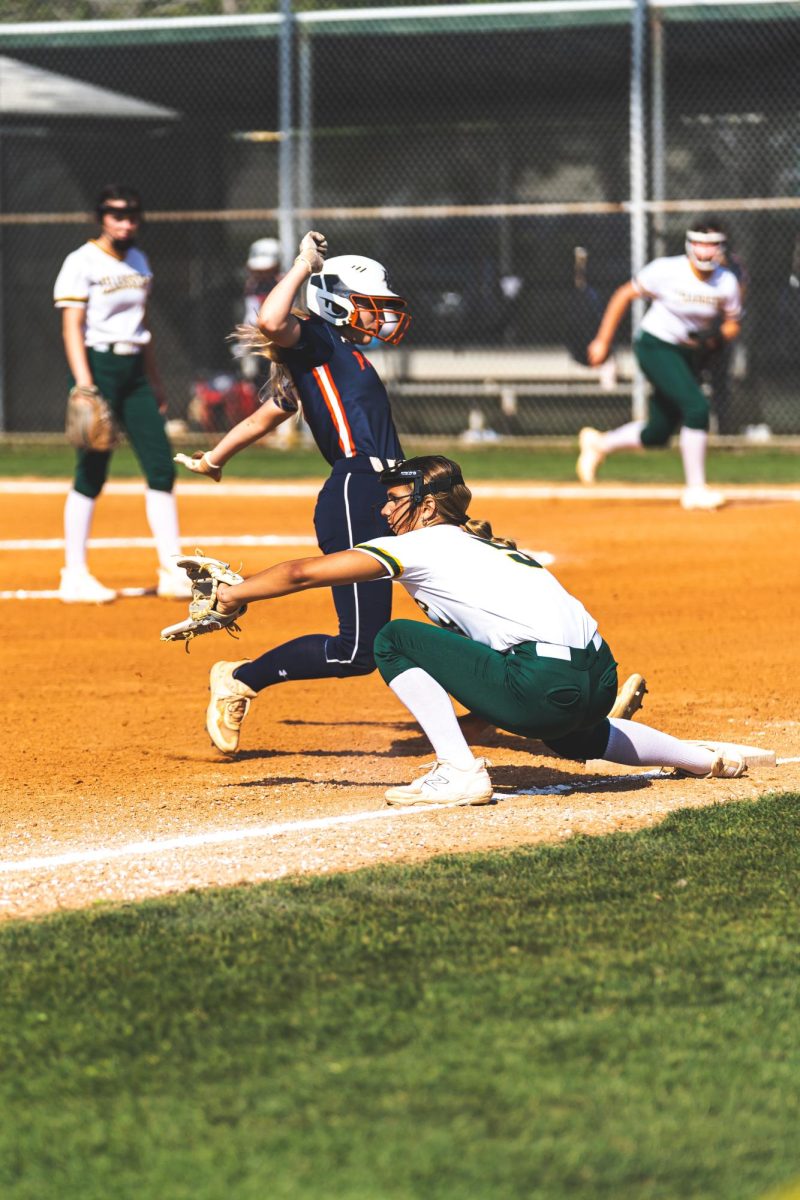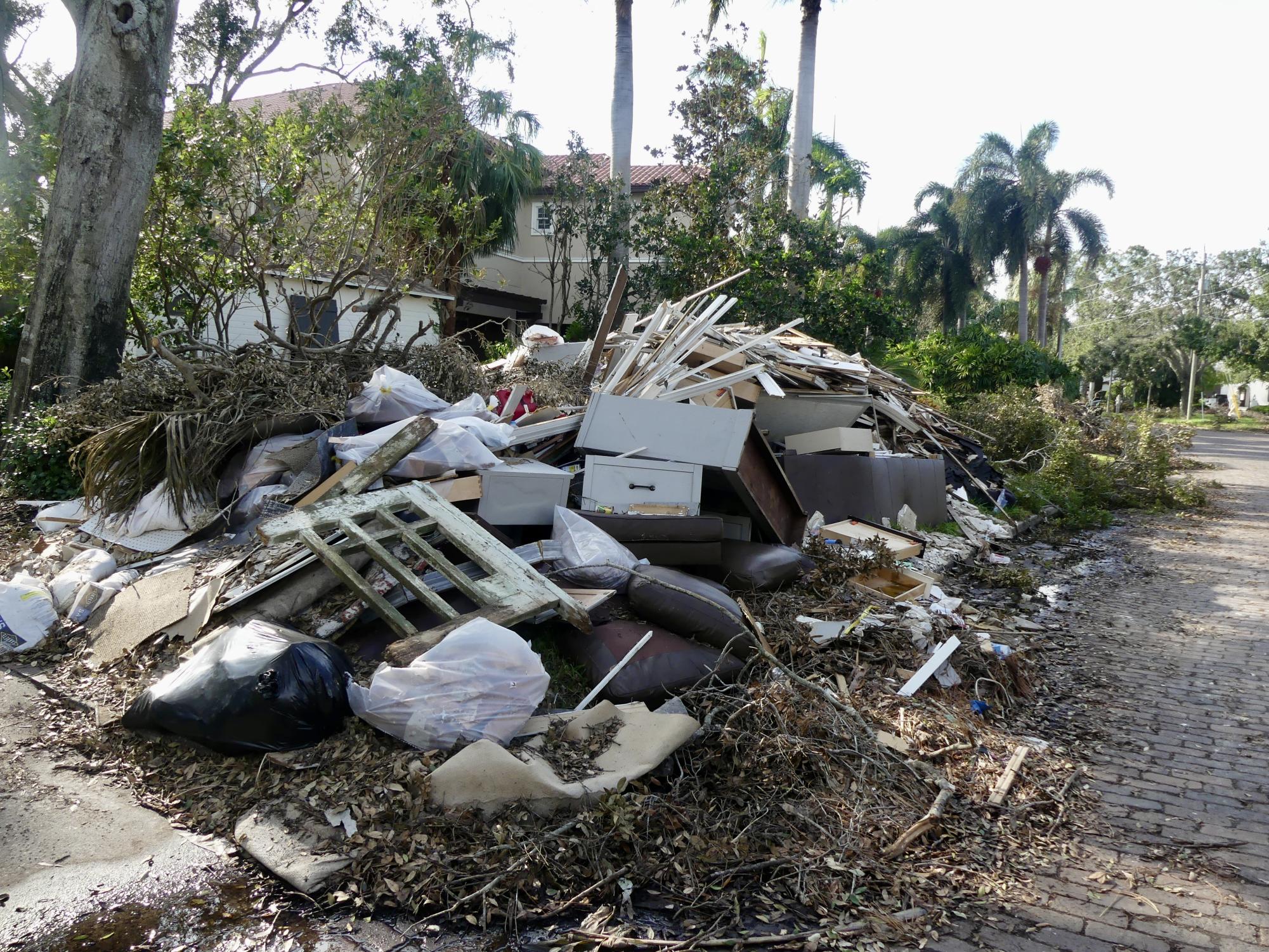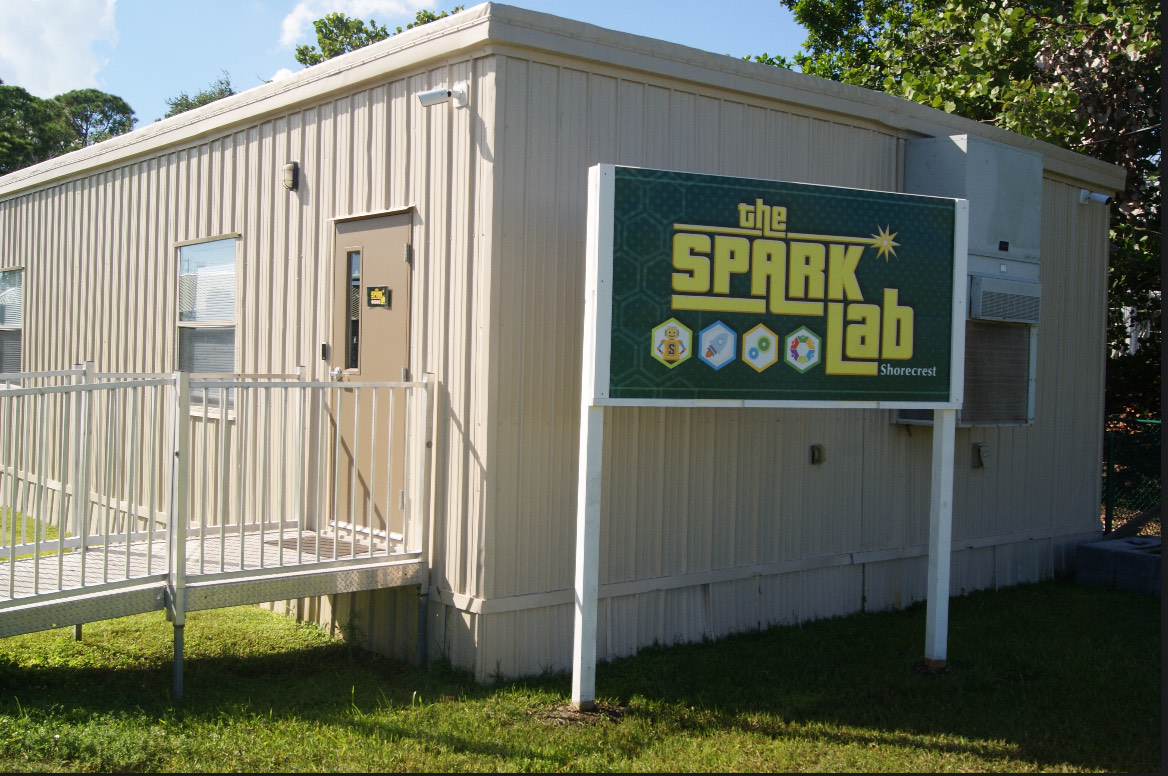As a resident of Shore Acres, junior Asher Walton is no stranger to flooding, but even he never anticipated the ferocity of what would strike his home during the 2024 hurricane season.
“The water level reached the top of my bed,” Walton said. “We ended up having to throw out a good amount of our belongings…I would estimate that I lost about 50 percent of those things.”
It’s no secret that back-to-back Hurricanes Helene and Milton dealt Florida residents like Walton a devastating hand. Everyone knows who’s to blame for such a strange occurrence…or do they?
Nowadays, hurricanes aren’t simply forming because of the water cycle and a warm breeze. Hurricanes are becoming faster, stronger, and far more dangerous than ever before. The culprit pulling Helene and Milton’s strings was none other than human-caused climate change.
According to Yale Climate Connections, extremely hot sea surface temperatures are 400 to 800 times more likely because of climate change. Therefore, hurricanes matching Helene’s strength are two and a half times as likely.
US Science Teacher Dr. Carlie Saval agreed. “We know that increased sea surface temperature increases the ability for hurricanes to form because the hotter the water temperature, the more energy can go into a storm,” she said.
However, more intense hurricanes aren’t the only trouble brewing in the Gulf of Mexico. “I think that we expect to see more frequency in hurricanes,” Saval said. “I don’t think we can say for sure that these two hurricanes that happened close together were caused by global warming, but stepping back and looking at the big picture, the fact that we got two big ones in an area that hasn’t seen that many hurricanes could be a sign.”
NOAA National Marine Sanctuaries Foundation Education Consultant Chloe McKenna is a longtime Florida resident who has dealt with the obstacles of more frequent hurricanes as they interfered with her undergraduate education at Eckerd College.
McKenna said, “My educational experience was often interrupted by mandatory hurricane evacuations or flooded highways that inhibited me from reaching my college campus.”
While the primary marker of hurricane damage is heavy storm surge from the overflow of rivers, oceans, and bays into the streets, climate change could turn such levels of flooding into a regular occurrence.
“Florida is practically an island, and right here in St. Pete, we’re like a little peninsula on a bigger peninsula. We’re sticking out into all of these really warm water temperatures…[So] I would say sea level rise is a huge issue [here],” Saval said.
Excessive flooding isn’t the only symptom of worsening climate change, though. Many affected students are still dealing with home repairs or do not have a home to go back to.
US Medical Sciences Director Lisa Peck has seen how the damages have impacted her students’ mental health firsthand. “When you have a look at stress and anxiety, it manifests itself in every body system, and all the body systems are interrelated,” she said. “Stress and anxiety increase your blood pressure, which can damage your blood vessels. These blood vessels interact with every single one of your cells in your body in all of your organs…Even short bouts of anxiety can negatively affect our body, but [trouble from the hurricanes] has been going on for a long time now.”
US Science Teacher and certified yoga instructor Bernadette Kozlowski hosts mindfulness sessions for students in need of a mental boost. While students go in primarily for help with test anxiety, the same techniques could be used to help cope with the hurricanes’ aftermath. Kozlowski recommends “getting outside, taking time to do nothing, looking at the clouds, going to the beach, drawing, or listening to music.”
Although, a change in mindset may be the best technique of all. “I think I’ve been able to cope by trusting the fact that I’ll rebuild and knowing the insurance will cover the damages, but also knowing that I’m safe, my family’s safe, and as long as we can all wake up, open our eyes, and take a breath of air in the morning, that’s all that really matters,” Walton said.
Temperatures and hurricanes may be heating up, but human-caused climate change didn’t earn that name for no reason. Humans started it, so they can end it, and Shorecrest is a part of that equation.
“I think that we can do a lot more,” Saval said. “We have some electric car chargers, which is incentivizing people who want to not buy cars that use fossil fuels. I think that’s a great place where Shorecrest could [start to] really grow. There are some campuses, I think, like Eckerd that have been trying to become a carbon-neutral campus, so it’s doable…I think it’s something we could definitely strive to do, and then we can set an example for our city and for other schools.”

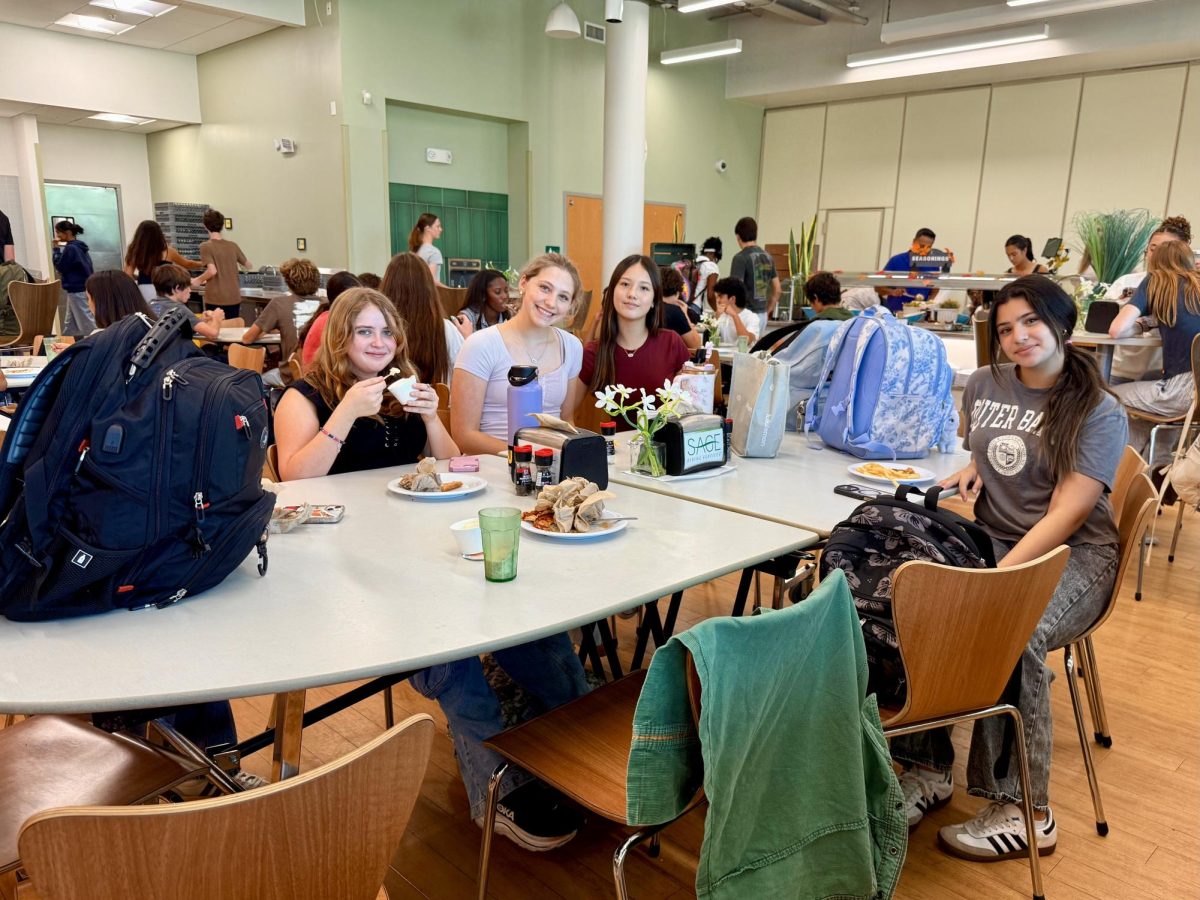

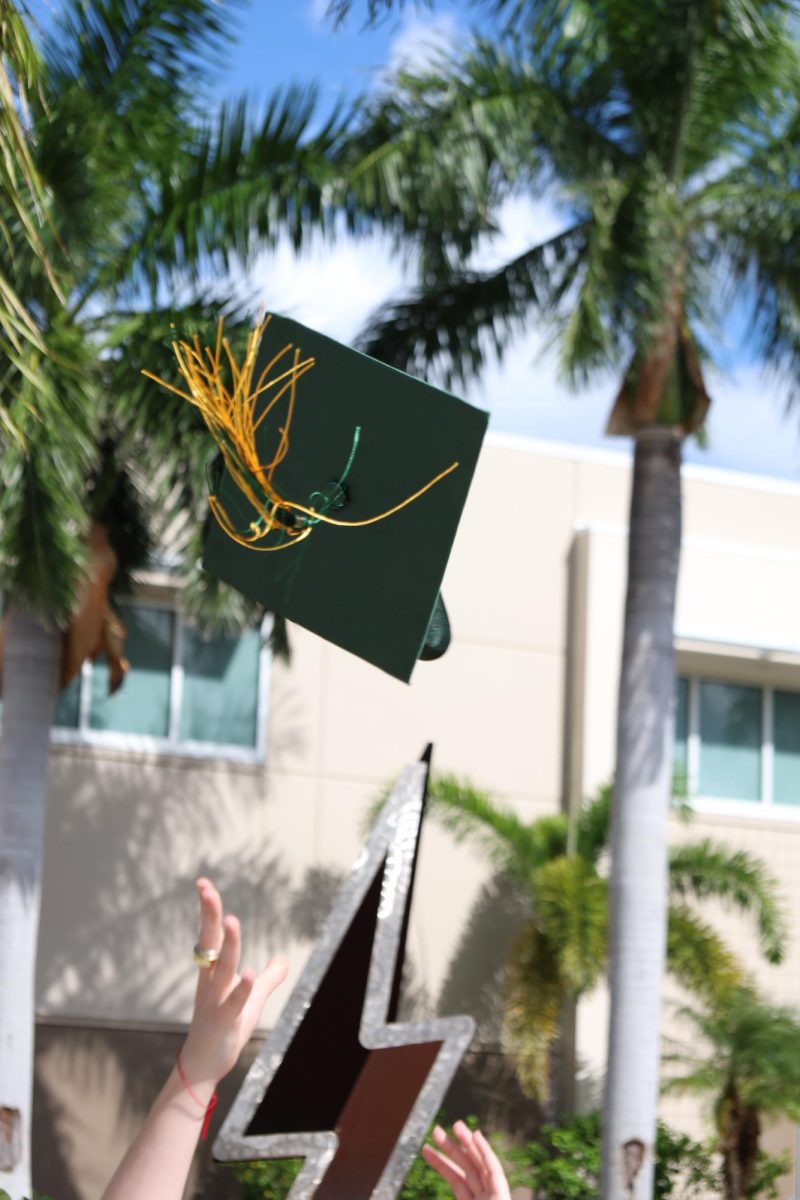
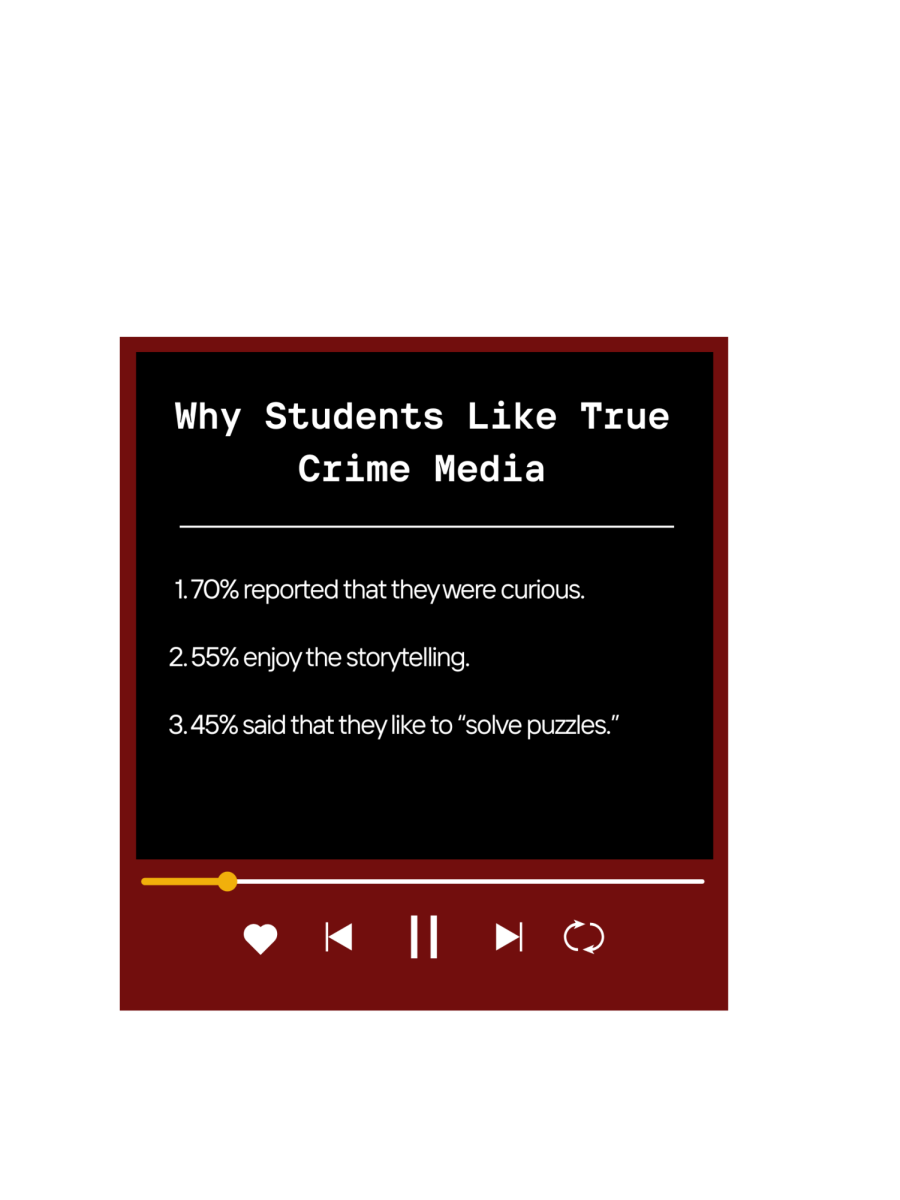
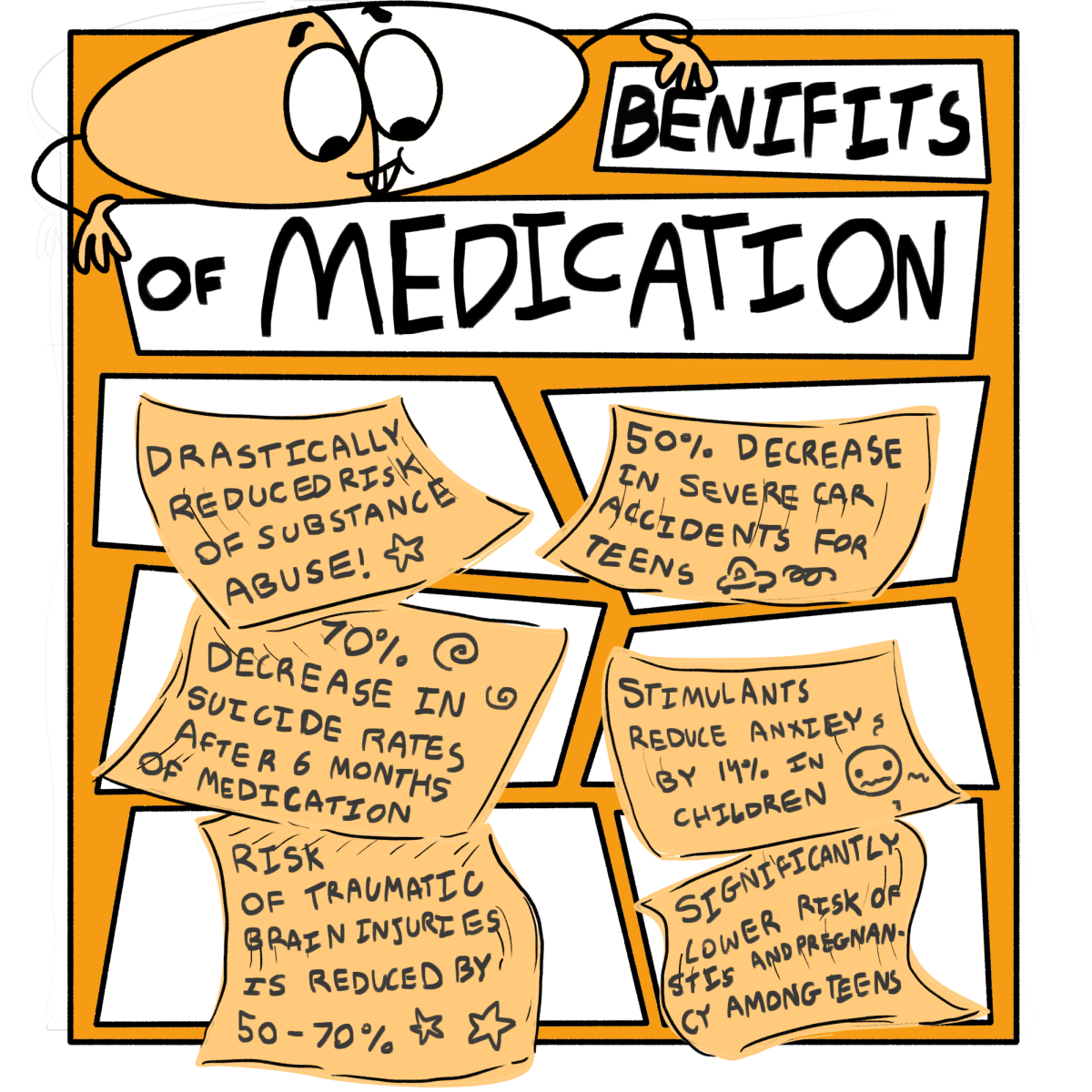
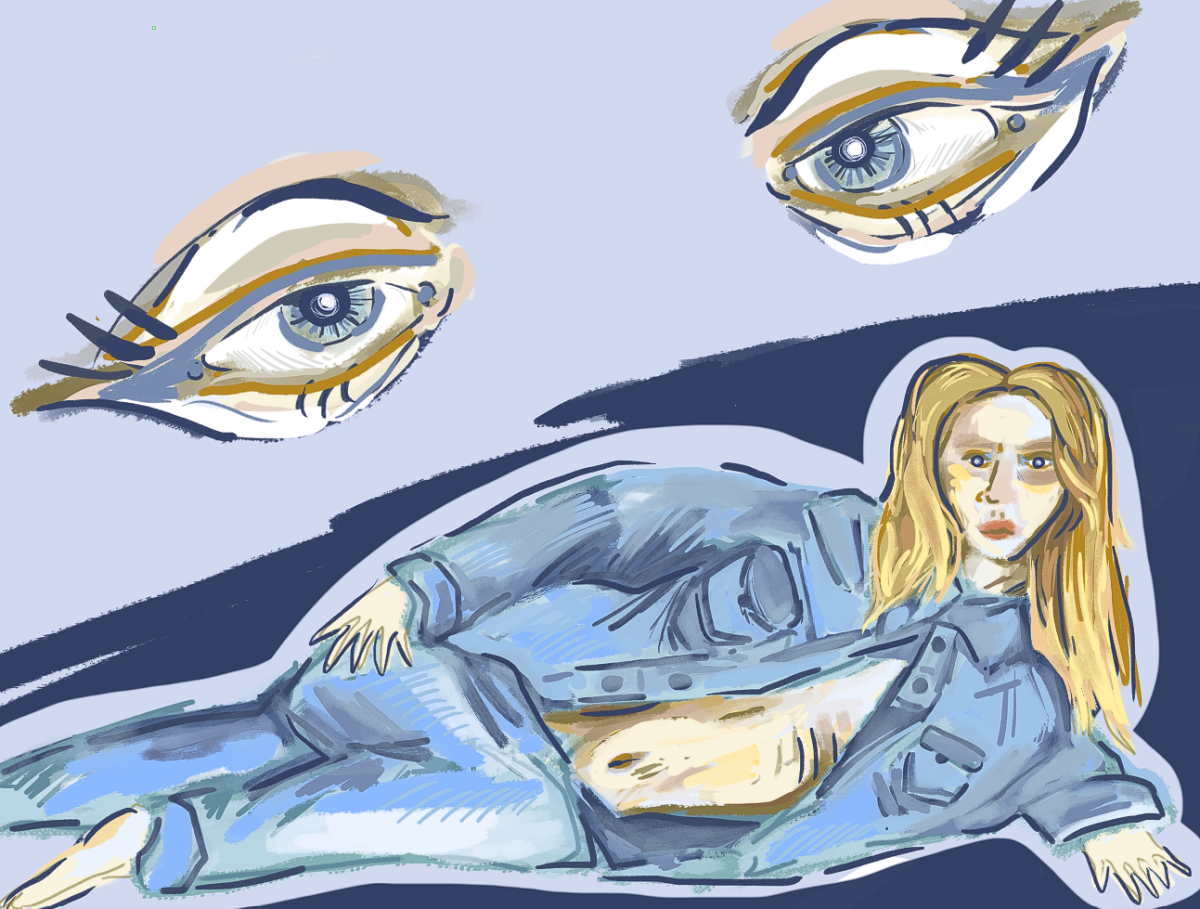

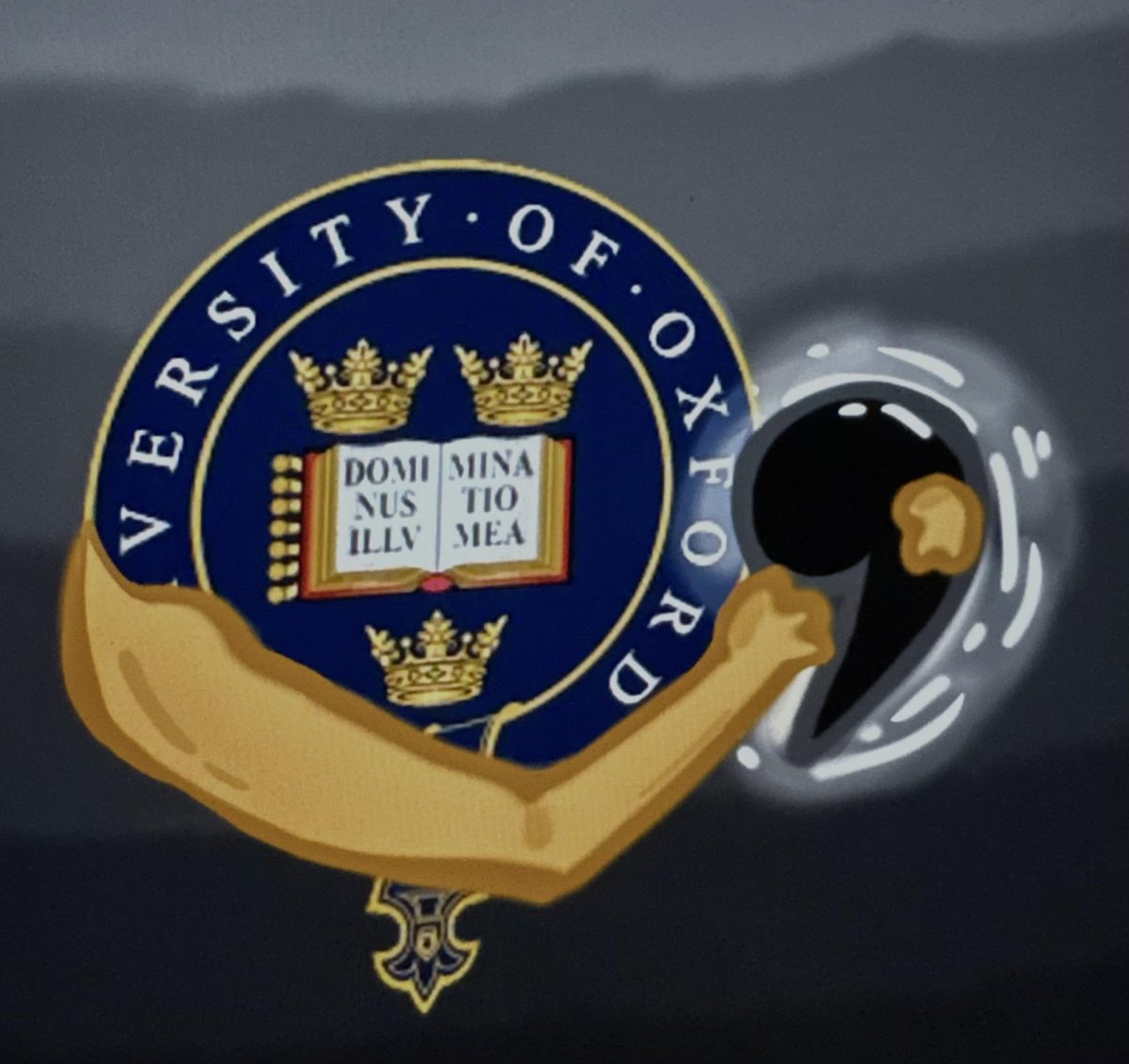


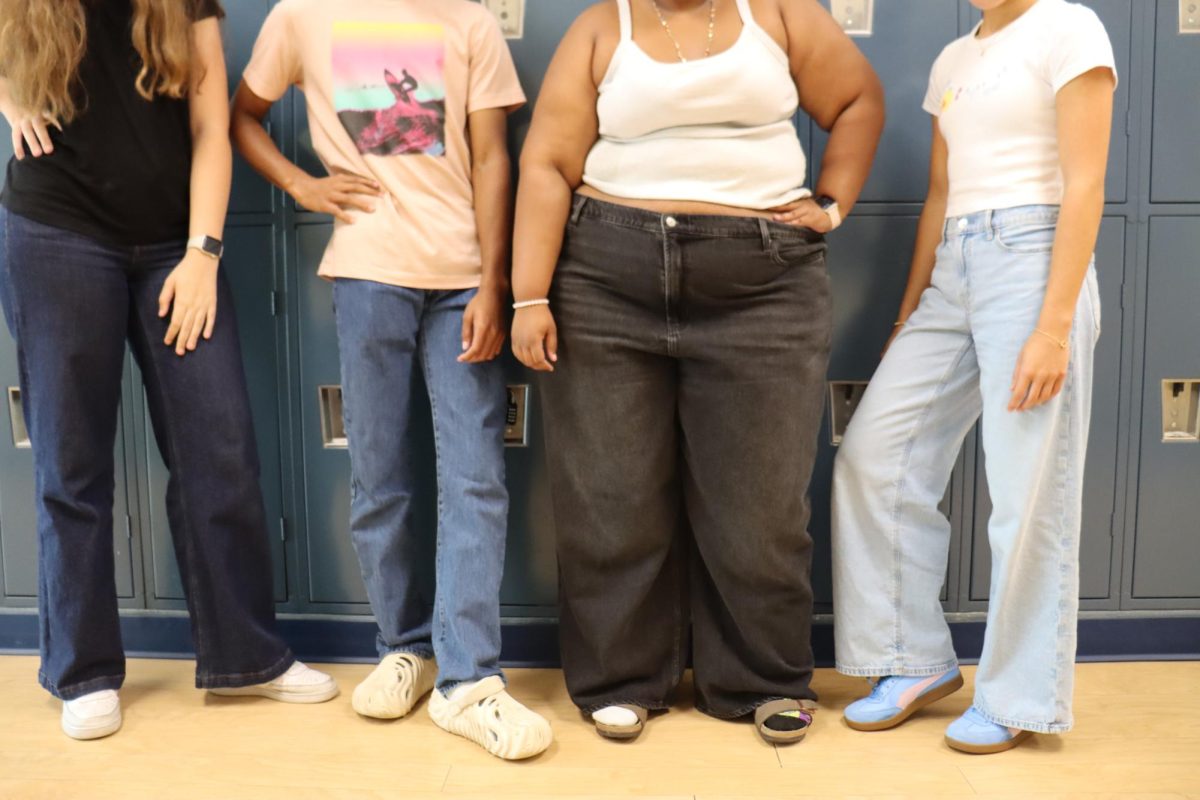
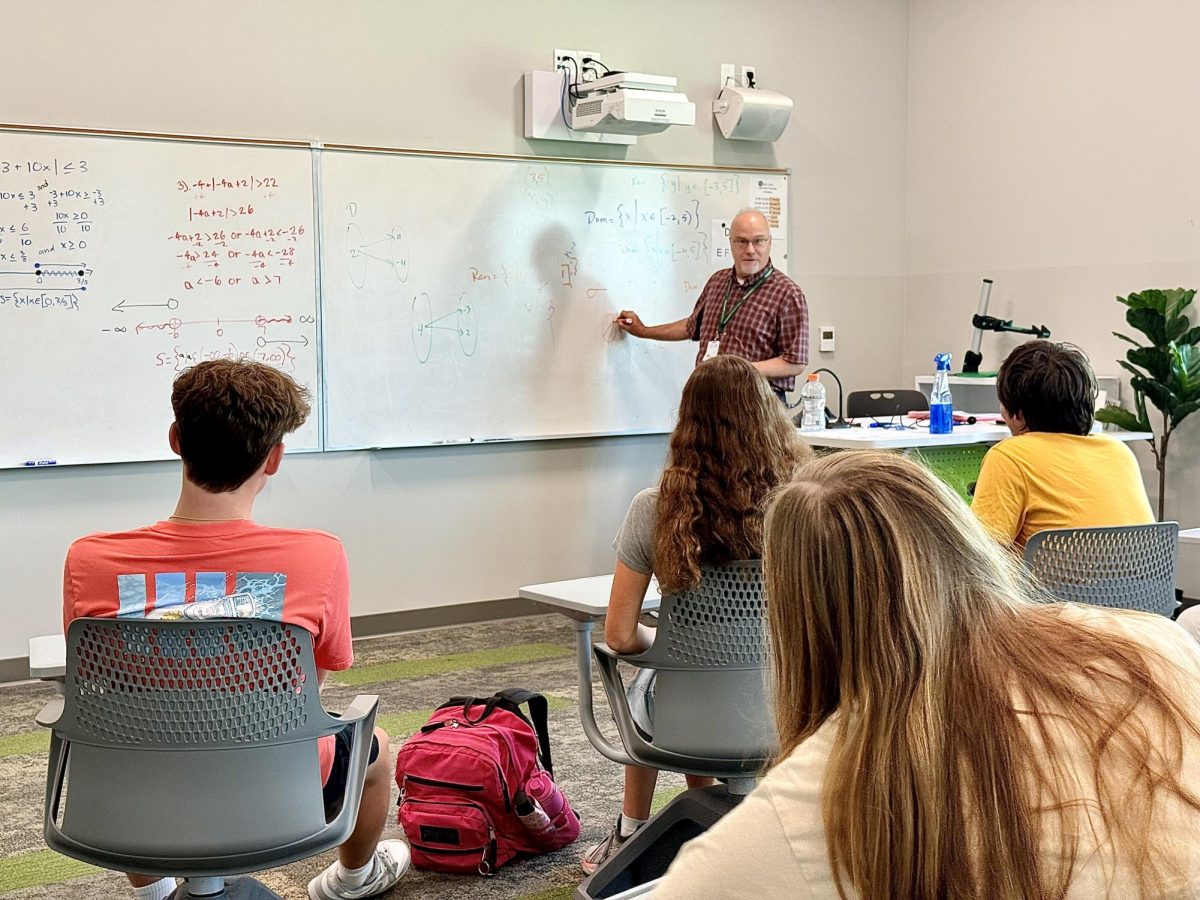


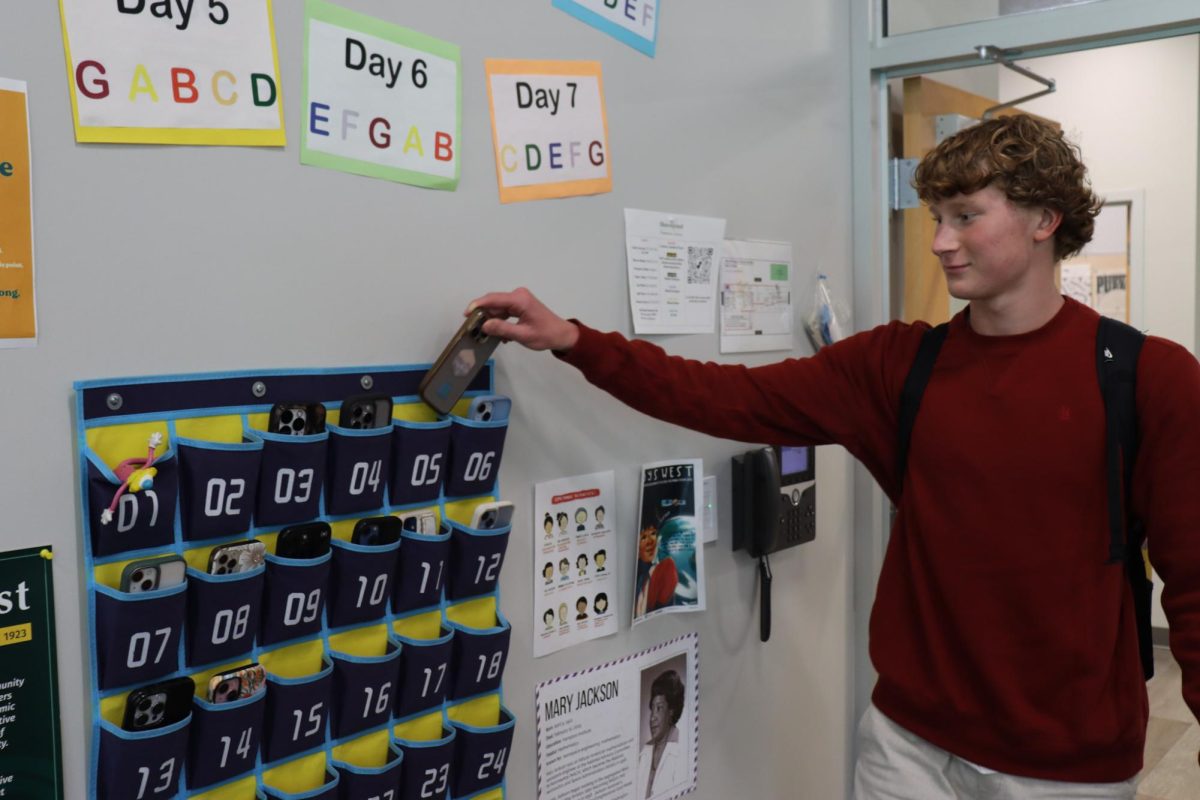
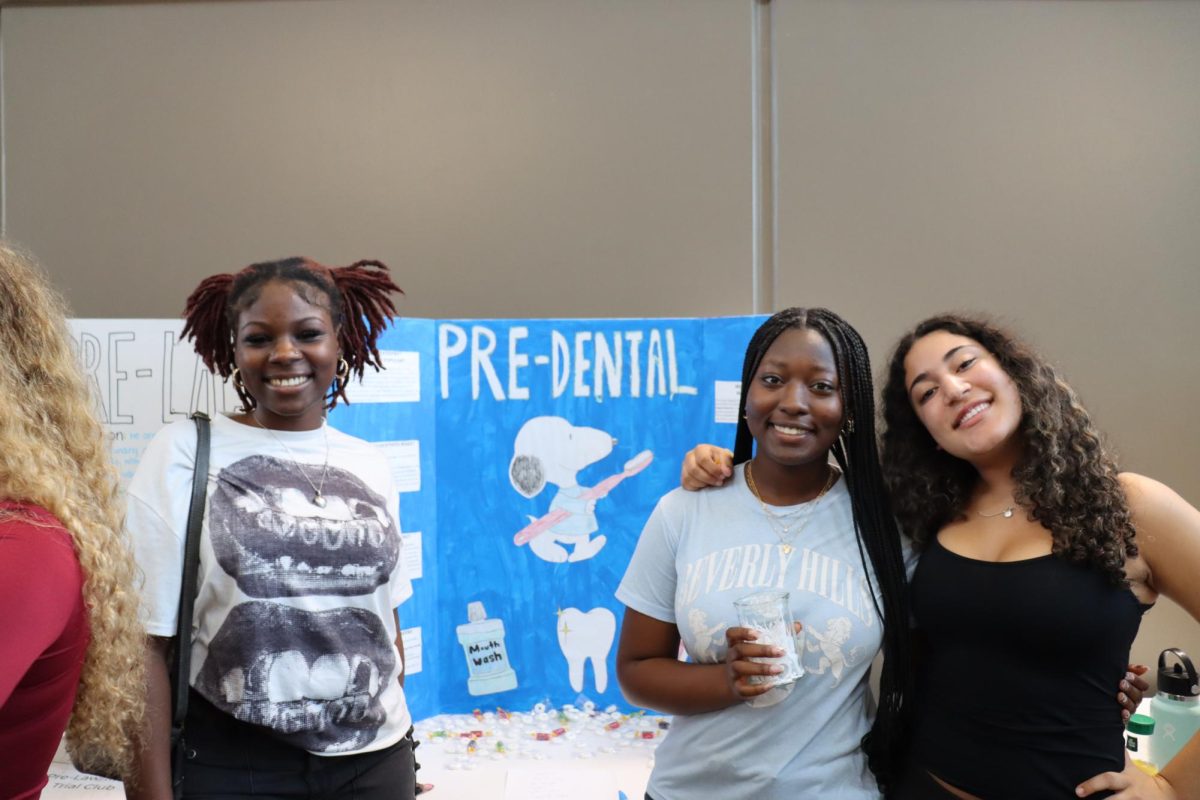
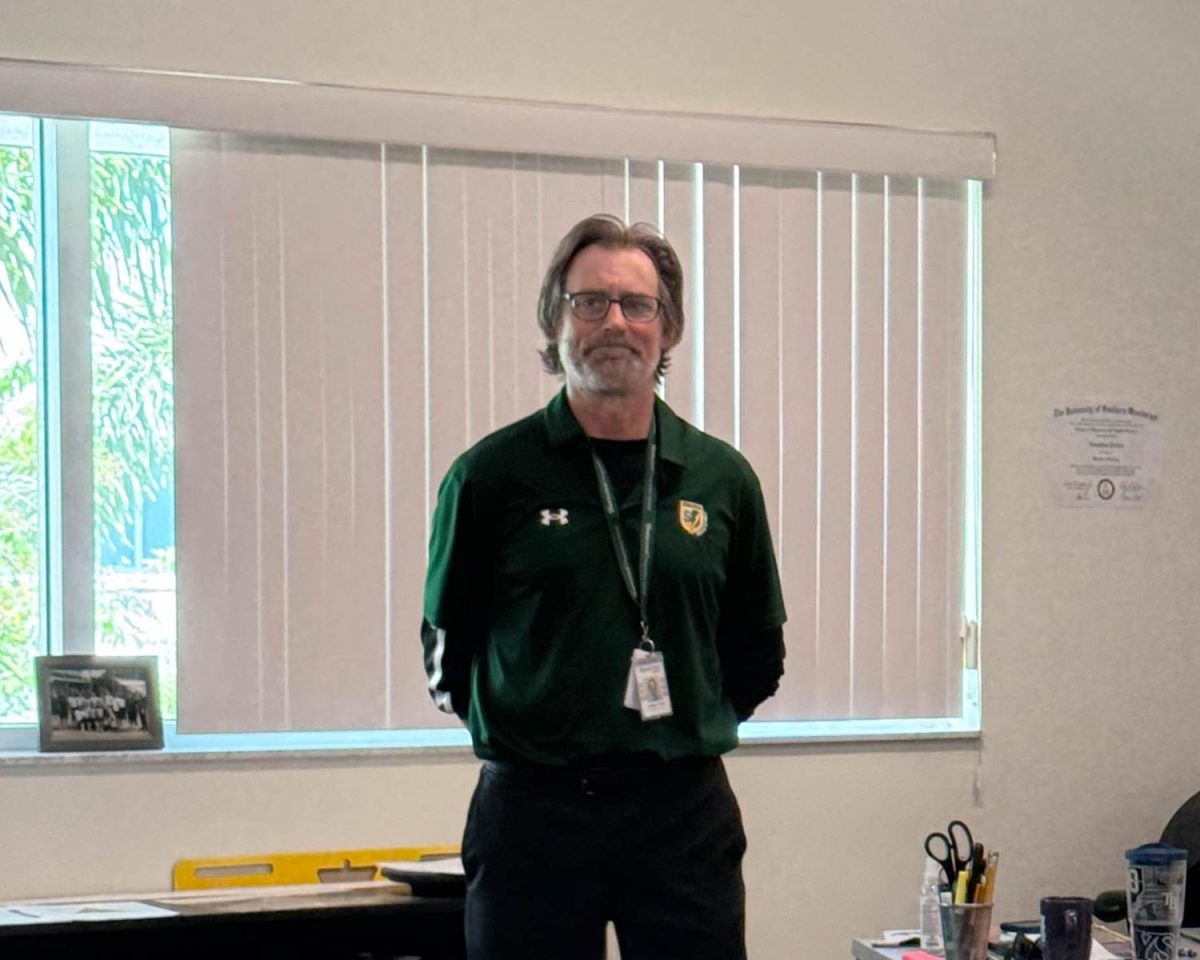


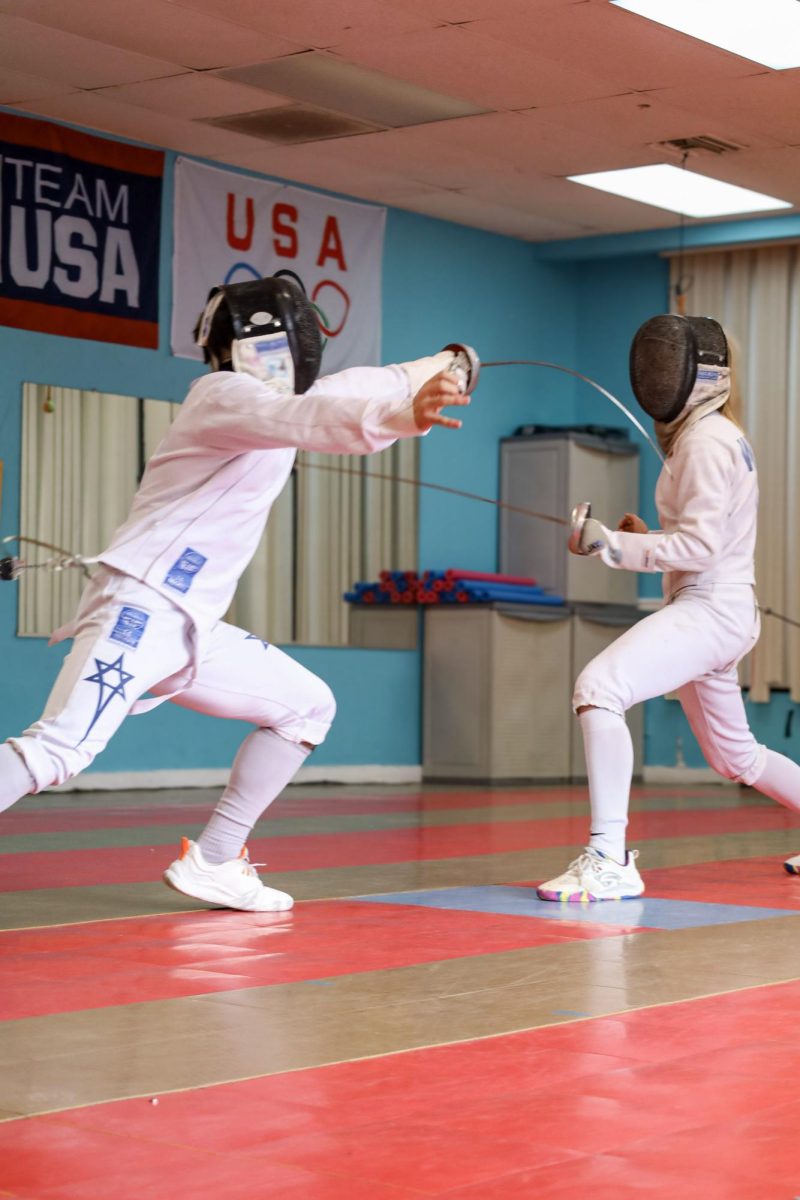
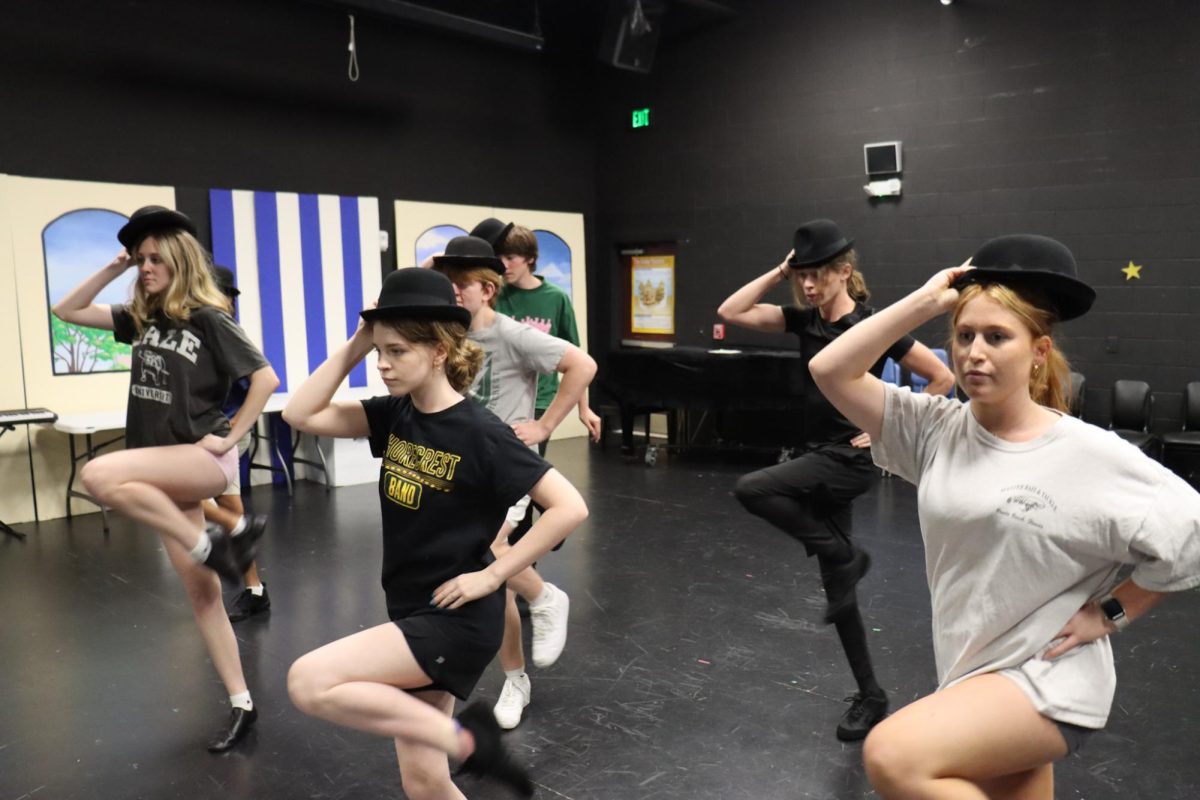



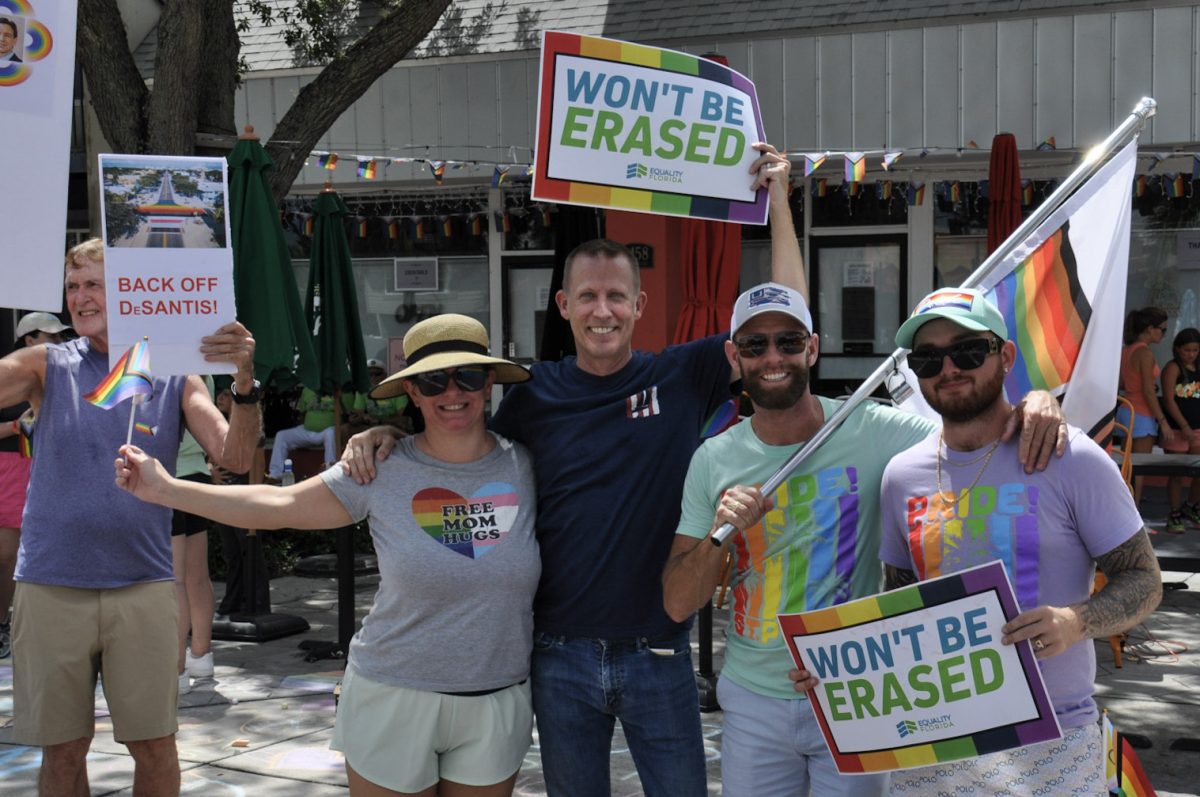




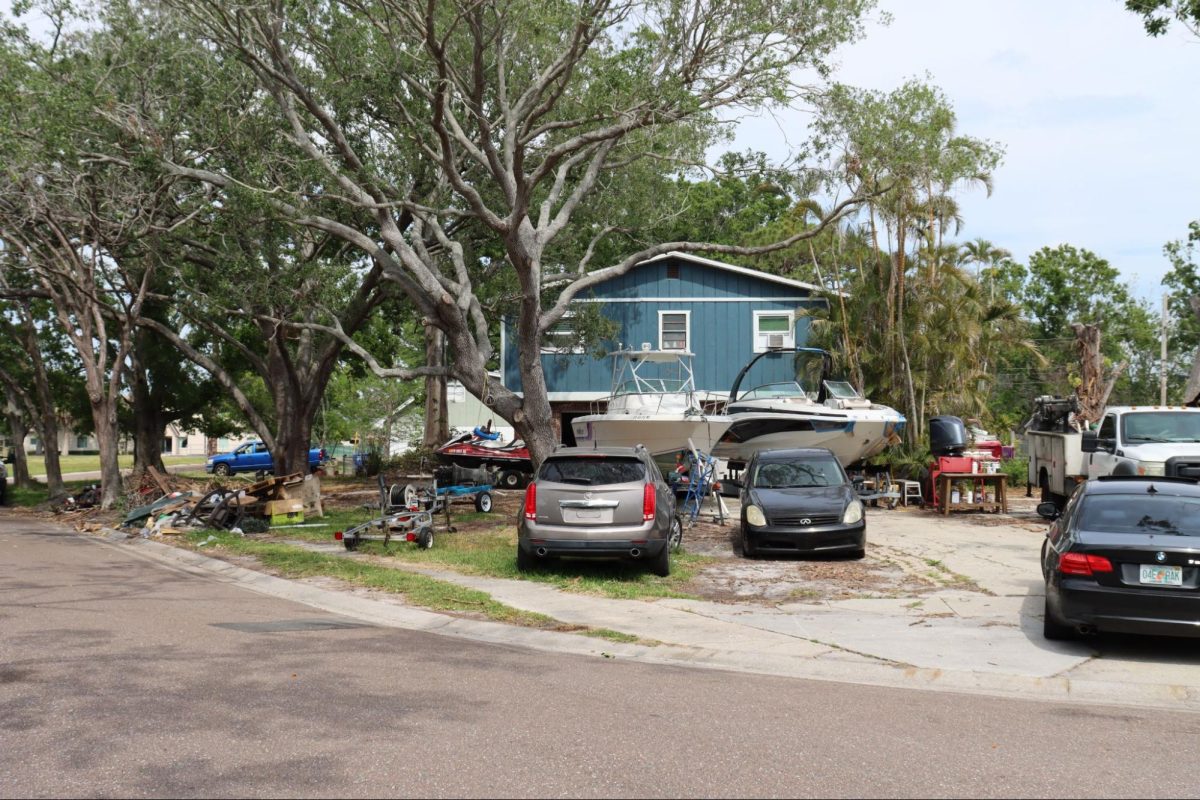



![Thespians pose on a staircase at the District IV Thespian Festival. [Front to back] Luca Baker, Maddison Cirino, Tanyiah Ellison, Alex Lewis, Summer Farkas, Jill Marcus, Ella Mathews, Sanjay Sinha, Isabella Jank, Sofia Lee, Boston Littlepage-Santana, Sally Keane, Tyler Biggar, Tanner Johnson, Jasper Hallock-Wishner, Remy de Paris, Alex Jank, Kaelie Dieter, and Daniel Cooper. Photo by Michael McCarthy.](https://spschronicle.org/wp-content/uploads/2024/12/image1-900x1200.jpg)

